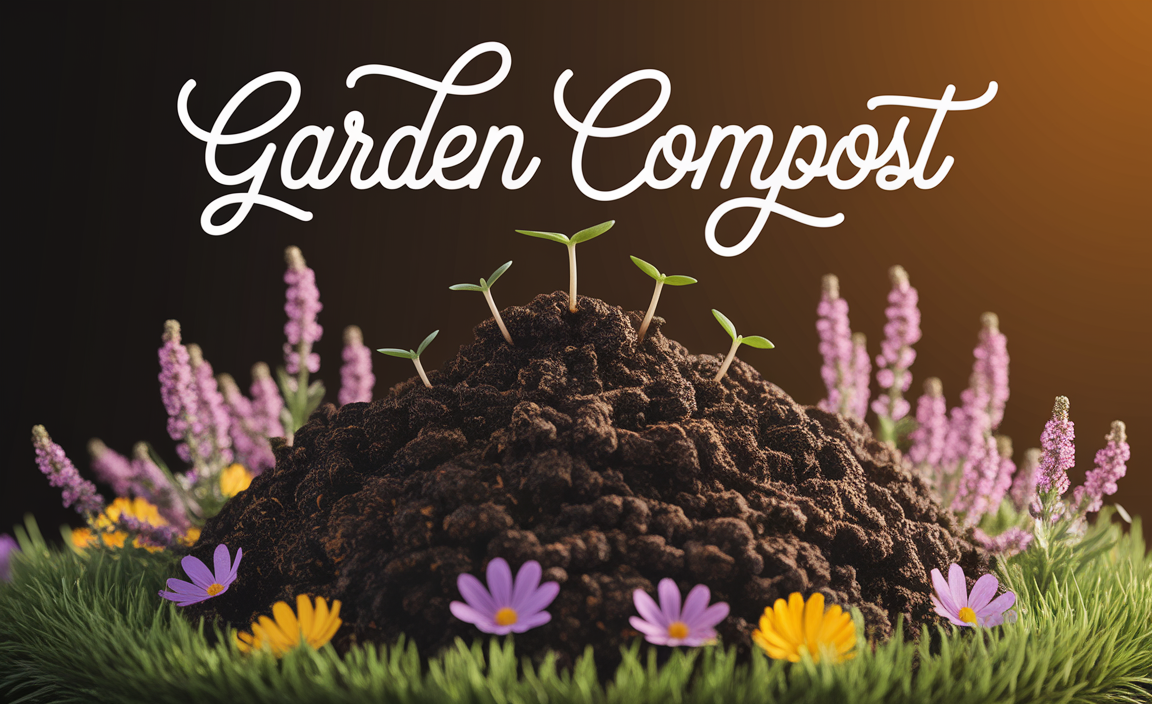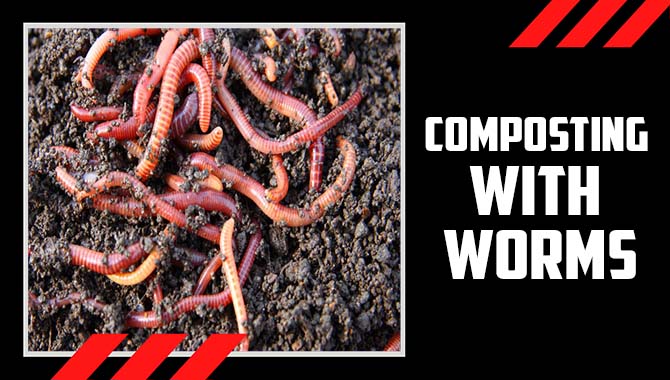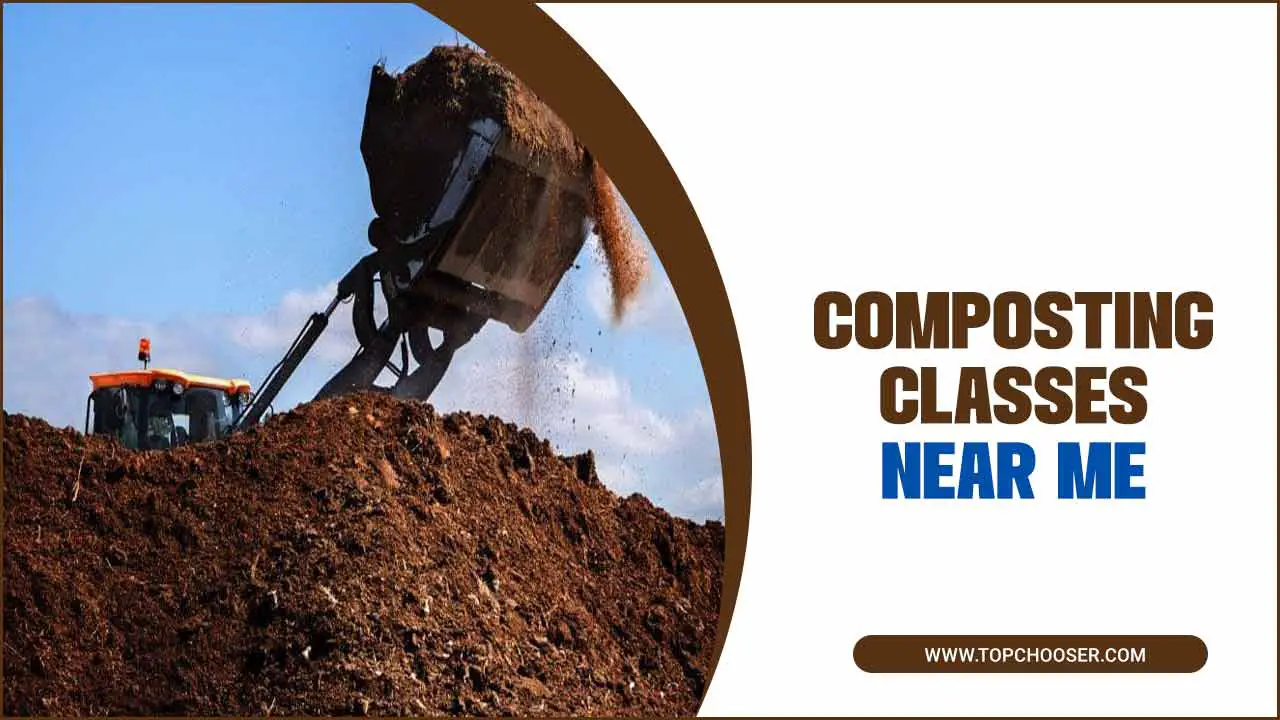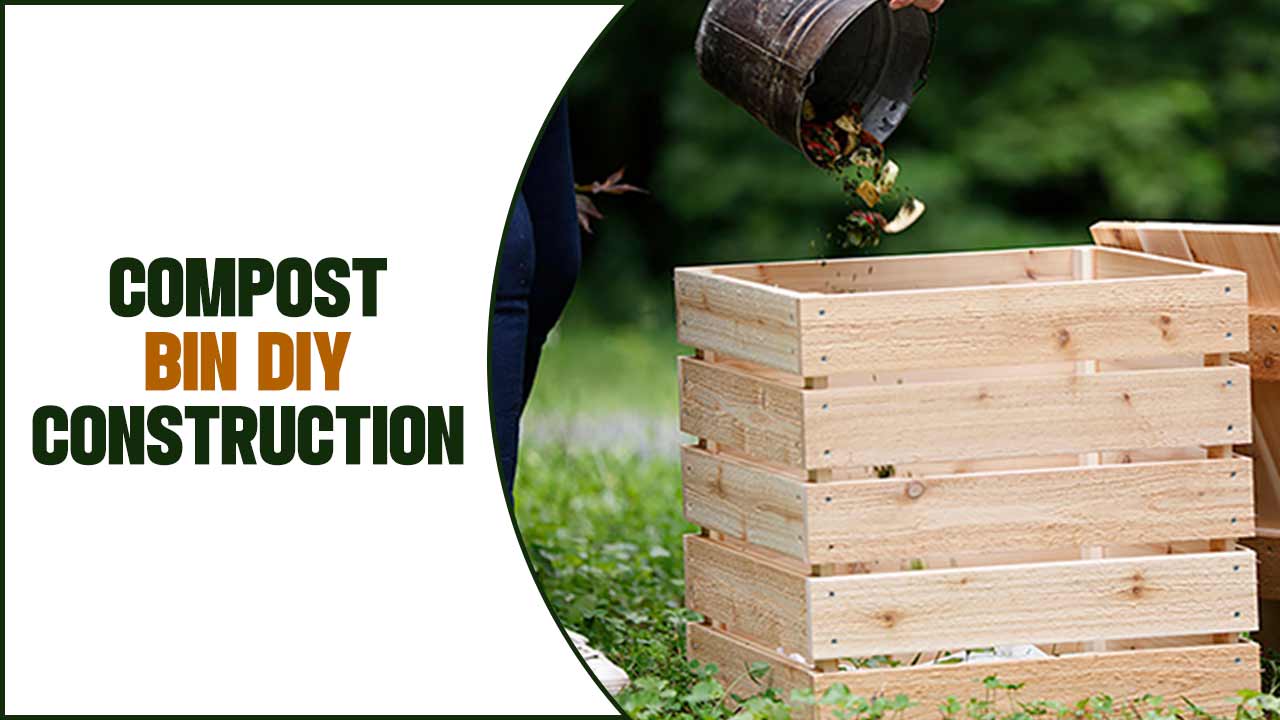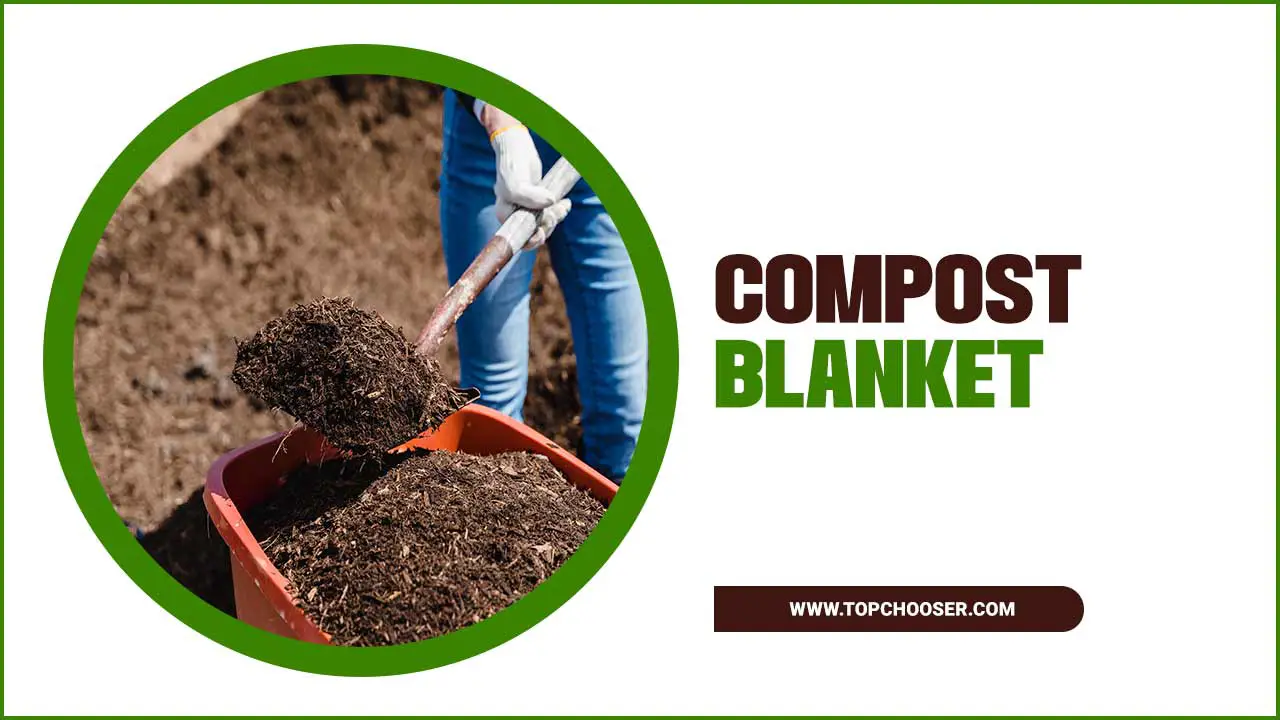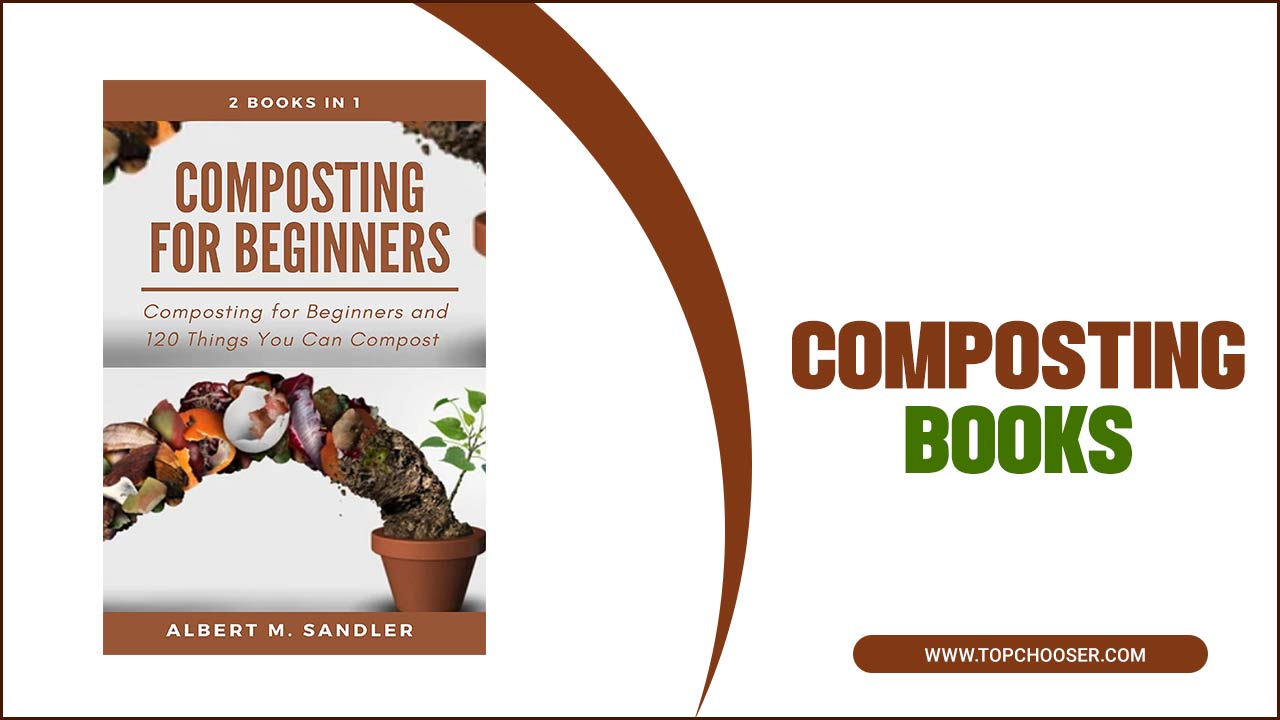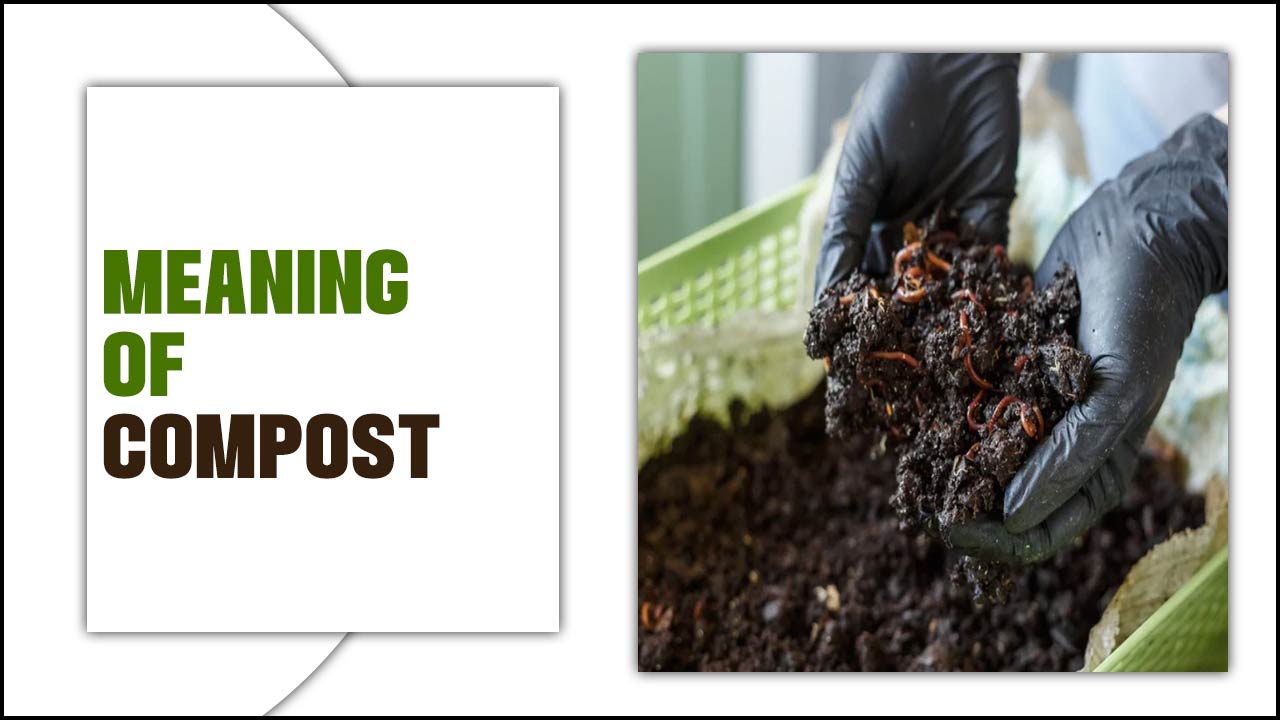Composting is a natural process that recycles organic materials into nutrient-rich soil. It involves the decomposition of food scraps, yard trimmings, and leaves. Composting helps reduce landfill waste and greenhouse gas emissions while enriching the soil in gardens and landscaping.
Composting is not just a way to reduce waste; it’s an essential practice that benefits the environment in numerous ways. Here we will dive why composting is important. We will discuss how composting enriches soil, reduces waste, mitigates climate change, prevents , supports biodiversity, and fosters sustainable gardening and farming practices.
Additionally, we will provide practical steps to start composting at home, tips for water conservation through composting, guidance on what can and cannot be composted, and insights into the role of fungus in soil health. Join us as we uncover the secrets behind successful composting.
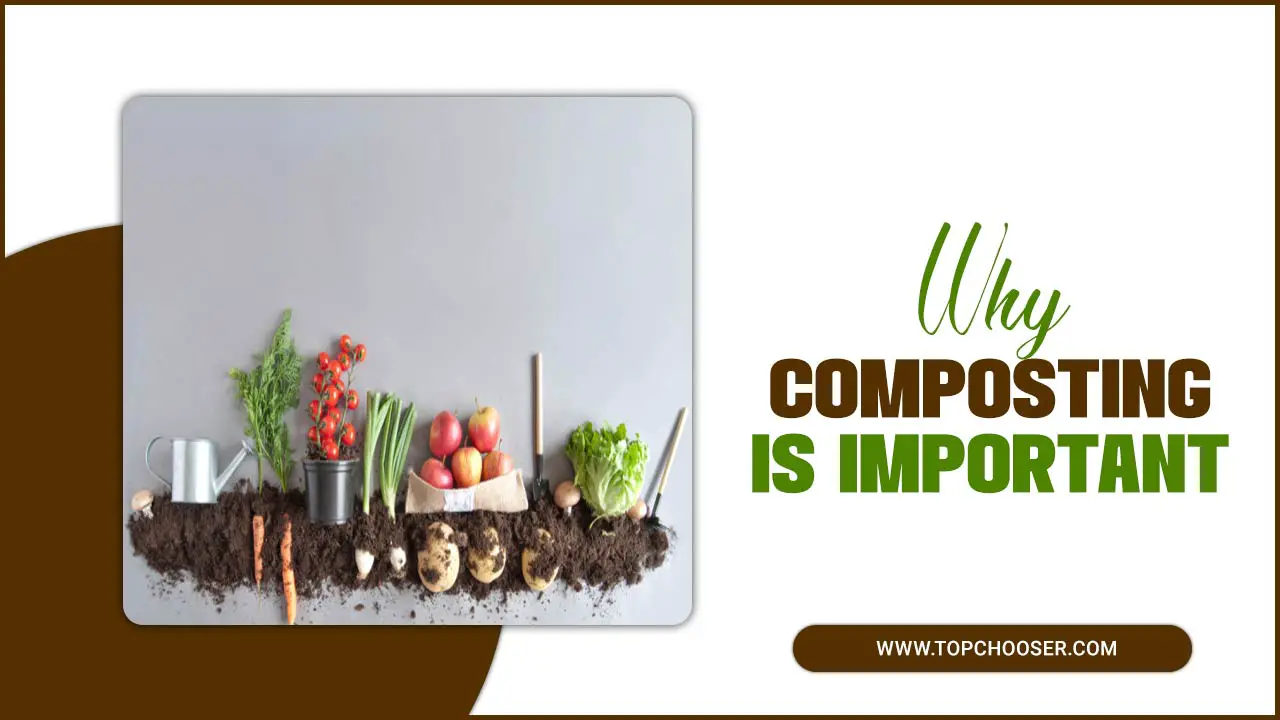
Exploring Why Composting Is Important
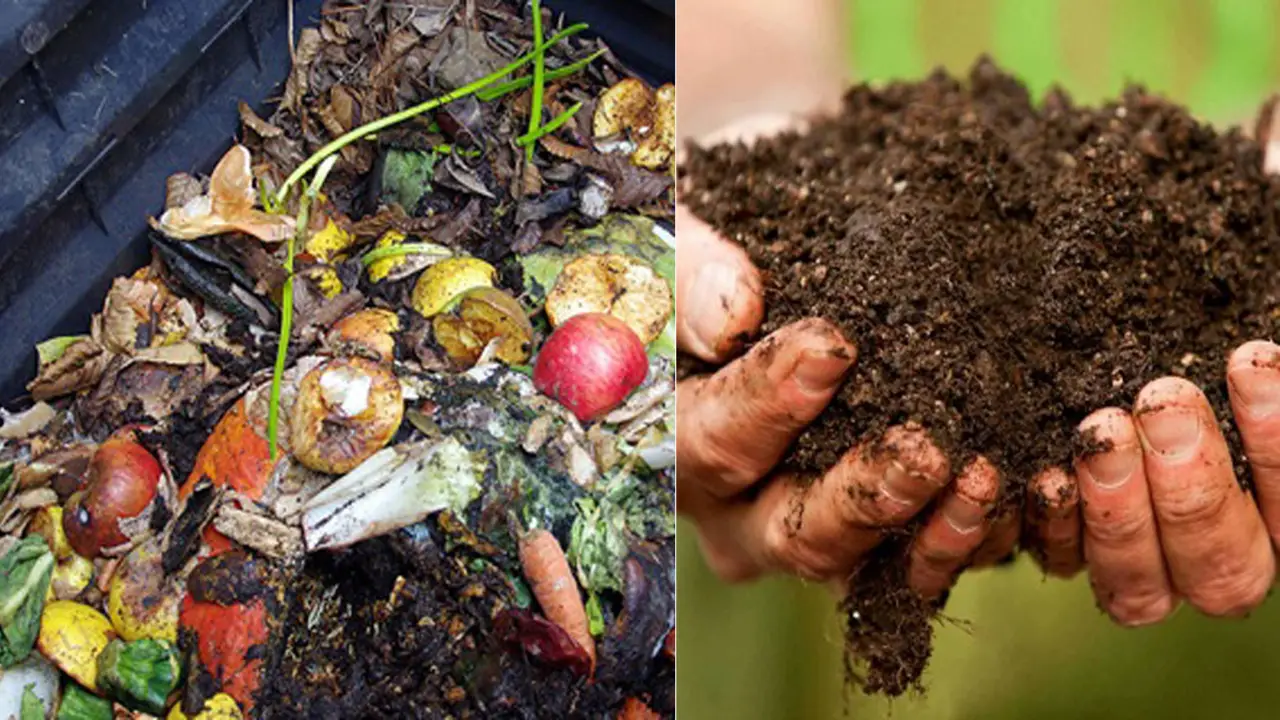
Composting is crucial in reducing waste and diverting organic materials from landfills, preventing greenhouse gas emissions. It enriches the soil, improves fertility, and reduces the need for chemical fertilizers and pesticides. Composting also helps reduce methane gas emissions by diverting organic waste from landfills. Here we explore why composting is important.
1. Soil Enrichment:
Composting enhances soil fertility and structure by introducing organic matter. This organic matter helps retain moisture in the soil, reducing the requirement for irrigation. It also provides essential nutrients that support plant growth, making them more resistant to pests and diseases.
Moreover, composting reduces the dependency on chemical fertilizers, which can harm the environment and water sources. By diverting organic waste from landfills, composting is crucial in reducing greenhouse gas emissions and mitigating climate change. The addition of compost to soil promotes healthy soil ecosystems and helps combat soil erosion.
2. Waste Reduction:
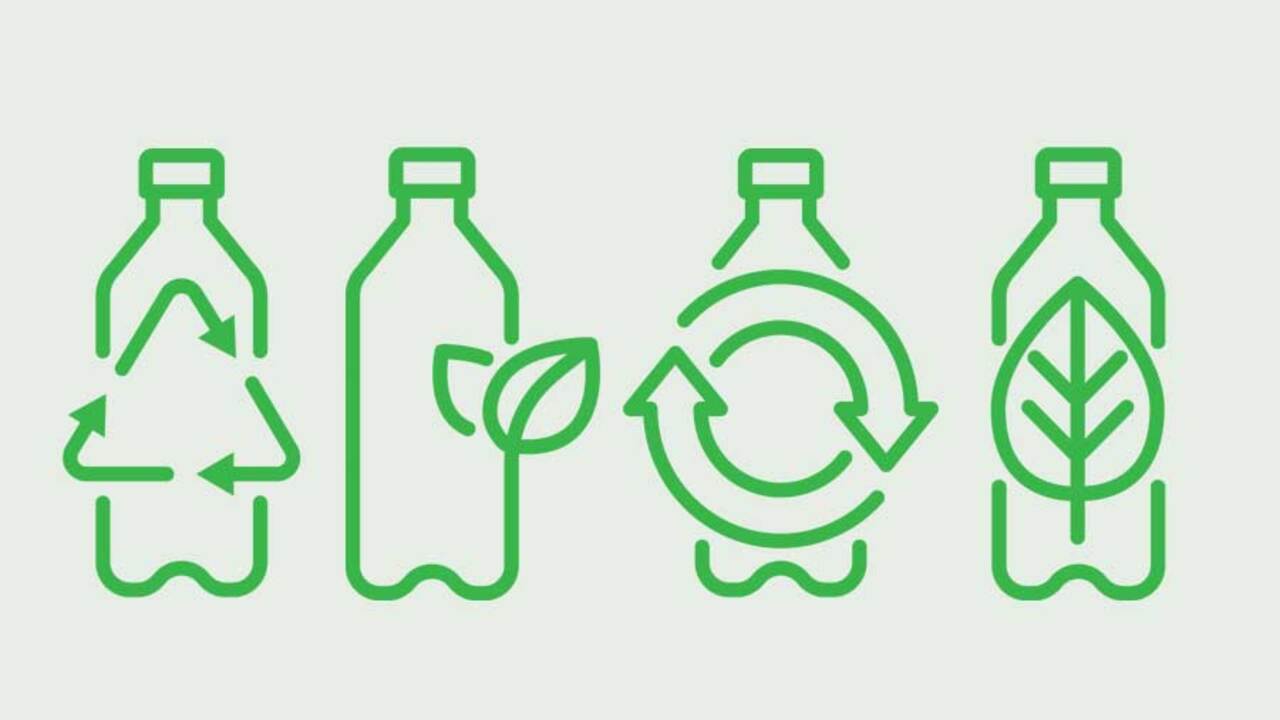
Composting plays a crucial role in waste reduction. By diverting organic materials such as food scraps and yard waste from landfills, we can significantly reduce the amount of waste in these sites. Instead of taking up space in a landfill, these materials can be composted to create nutrient-rich soil. This practice minimizes the need for chemical fertilizers and reduces greenhouse gas emissions.
Organic materials produce methane when decompose in anaerobic conditions, contributing to climate change. Composting helps break down these materials aerobically, reducing methane emissions and helping mitigate the effects of global warming. Furthermore, composting improves soil health and water retention, resulting in healthier plants and reduced water usage in gardening and farming.
3. Climate Change Mitigation
Composting plays a crucial role in climate change mitigation. By diverting organic waste from landfills, where it would decompose and release methane, a potent greenhouse gas, composting helps reduce greenhouse gas emissions. It also improves soil health and fertility by providing essential nutrients and organic matter.
Composting reduces the need for synthetic fertilizers, pesticides, and herbicides, which can harm the environment and human health. Additionally, composting can help conserve water by improving soil structure and moisture retention. Moreover, it reduces the amount of waste sent to landfills, helping to prolong their lifespan and reduce the need for new landfill sites.
4. Soil Erosion Prevention
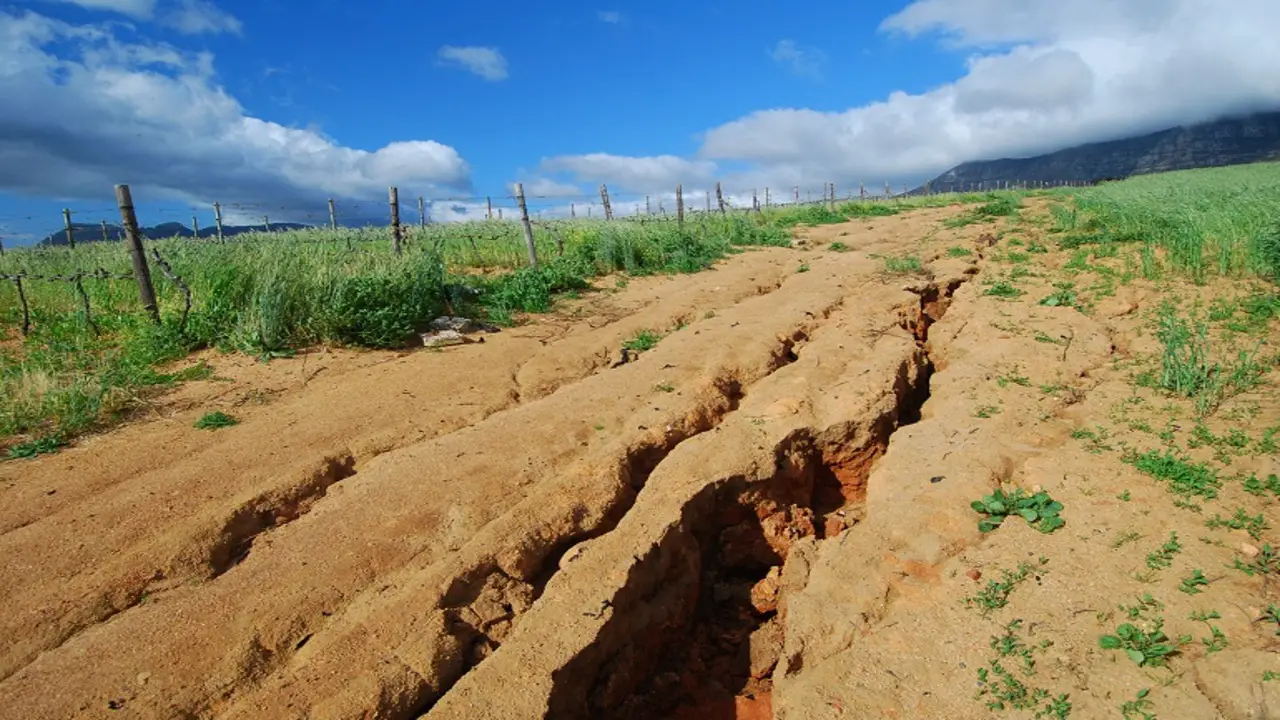
Composting plays a crucial role in preventing soil erosion by enhancing the structure and vitality of the soil. The organic matter found in compost helps to bind the soil particles together, minimizing the risks of erosion caused by wind or water. It also enhances the soil’s ability to retain water, reducing runoff and enabling better absorption of rainwater.
By preventing soil erosion, composting safeguards the integrity of valuable topsoil, which is essential for fostering healthy plant growth and supporting agriculture. Furthermore, composting eliminates the need for synthetic fertilizers and pesticides, benefiting soil health and reducing environmental pollution.
5. Biodiversity Support
Composting supports biodiversity by creating a healthy environment for beneficial organisms like worms, insects, and microorganisms. These organisms break down organic matter and contribute to nutrient cycling, maintaining healthy soil and plant growth. Additionally, composting reduces the need for synthetic fertilizers and pesticides, which can harm wildlife and ecosystems.
By diverting organic waste from landfills, composting decreases methane emissions, a potent greenhouse gas contributing to climate change. Compost improves soil structure, water retention, and nutrient availability, leading to healthier plants and increased crop yields. Incorporating compost into gardening and farming practices helps sustain the ecosystem while closing the nutrient loop and ultimately benefits the environment.
6. Sustainable Gardening And Farming
The practice of composting greatly enhances sustainable gardening and farming. This natural process helps reduce organic waste in landfills, contributing to a decrease in greenhouse gas emissions. Compost provides essential nutrients and improves the structure of the soil, resulting in stronger root systems and healthier plants.
Composting promotes biodiversity by creating a habitat for beneficial organisms like earthworms and bacteria. Furthermore, it conserves water by enhancing moisture retention in the soil, reducing the need for irrigation. Composting is a sustainable practice that closes the nutrient cycle, allowing organic matter to be returned to the soil from which it originated.
7. Closing The Nutrient Loop
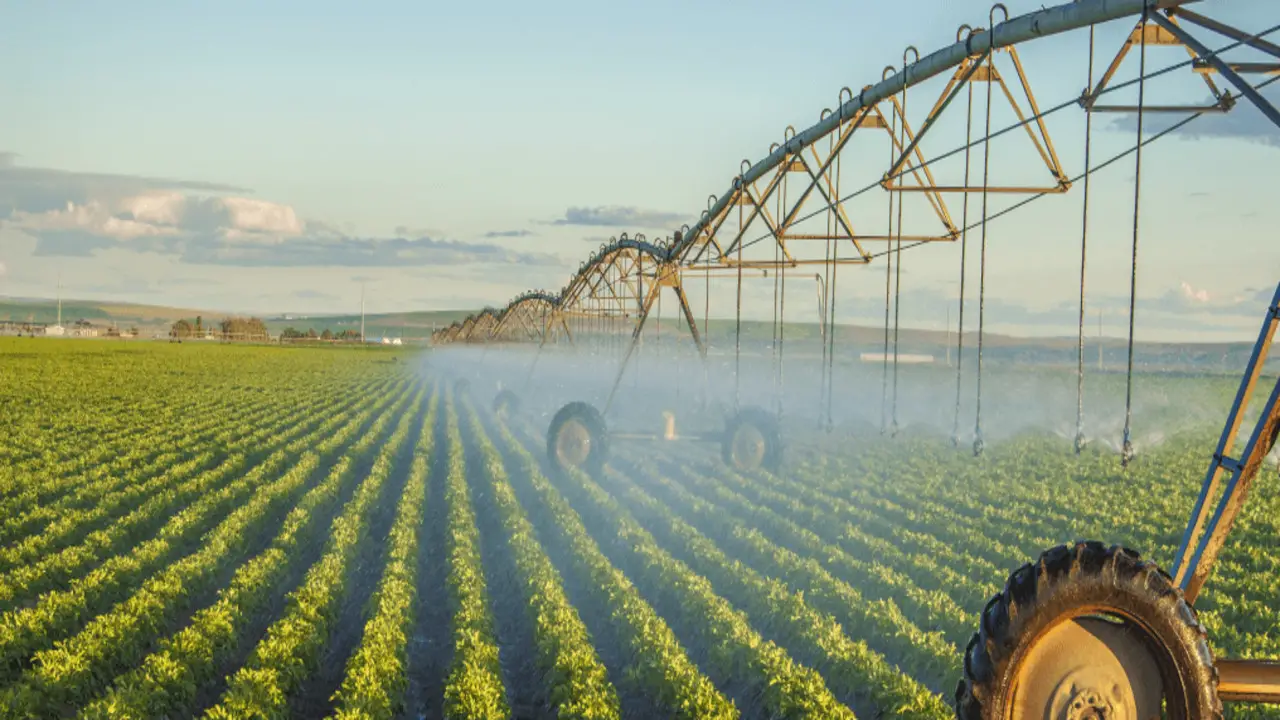
Closing the nutrient loop is a key benefit of composting. By recycling organic waste through composting, we can create nutrient-rich compost that can be used to fertilize plants and improve soil health. This process helps reduce the need for chemical fertilizers, which can have negative environmental impacts. Compost also adds organic matter to the soil, enhancing its structure, water-holding capacity, and ability to retain nutrients.
Moreover, composting plays a crucial role in waste reduction by diverting organic waste from landfills, where it can produce methane, a potent greenhouse gas. Individuals can contribute to sustainable waste management practices by composting food scraps and yard waste, reducing their carbon footprint.
Composting At Home
Starting composting at home is a simple and effective way to reduce waste and create nutrient-rich soil. Composting is a natural process that transforms organic waste into valuable compost, diverting it from landfills and reducing greenhouse gas emissions. By following a few key steps, you can easily start composting at home. First, choose the composting method that suits your needs, whether a compost pile or bin.
Next, add a mix of organic materials like kitchen scraps, yard waste, and other compostable items. Maintaining proper moisture and aeration levels is important to ensure the composting process is successful. With these practical steps, you can contribute to waste reduction, improve soil health, and engage in sustainable gardening practices.
How Does Composting Contribute To Water Conservation?
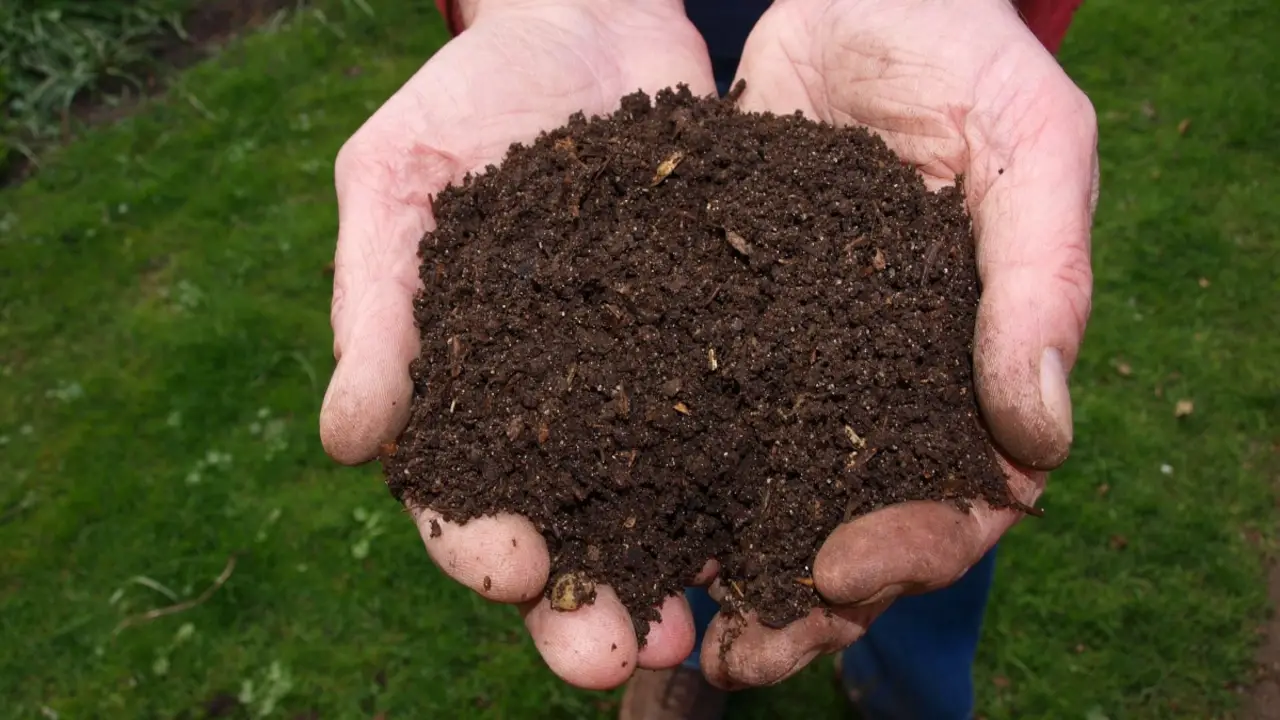
Composting plays a crucial role in water conservation. It helps retain moisture in the soil, reducing the need for frequent watering. Compost acts as a natural mulch, preventing water runoff and erosion. Additionally, it improves soil structure, allowing better water absorption and retention. By reducing the need for chemical fertilizers, composting also helps prevent water pollution.
Identifying What You Can And Cannot Compost
Composting is a crucial practice that helps reduce waste and create nutrient-rich soil. By composting organic materials like food scraps, yard waste, and paper products, we divert them from landfills, where they would contribute to greenhouse gas emissions.
Compost improves soil health by adding essential nutrients and enhancing its structure, allowing for stronger and healthier plant growth. However, it’s important to note that not all materials can be composted.
Items such as meat, dairy products, and oily foods shouldn’t be added to your compost pile as they can attract pests or take a long time to break down. Balancing carbon (browns) and nitrogen (greens) content to maintain a healthy compost pile is crucial, promoting proper decomposition and avoiding unpleasant odours.
The Role Of Fungus In Soil Health
Composting plays a vital role in soil health by transforming organic materials into nutrient-rich soil. This process reduces waste and improves soil structure, making it easier for plants to grow and absorb essential nutrients. By providing natural nutrients, composting decreases the need for chemical fertilizers, benefiting both the environment and plant growth.
Additionally, compost helps retain moisture in the soil, reducing irrigation requirements. Notably, composting promotes the growth of beneficial microorganisms, including fungi, which break down organic matter and enhance soil health. Fungi are particularly important in decomposing tough plant materials and releasing nutrients back into the soil, thus contributing to the overall health and fertility of the soil.
Ways To Keep Compost Piles Healthy
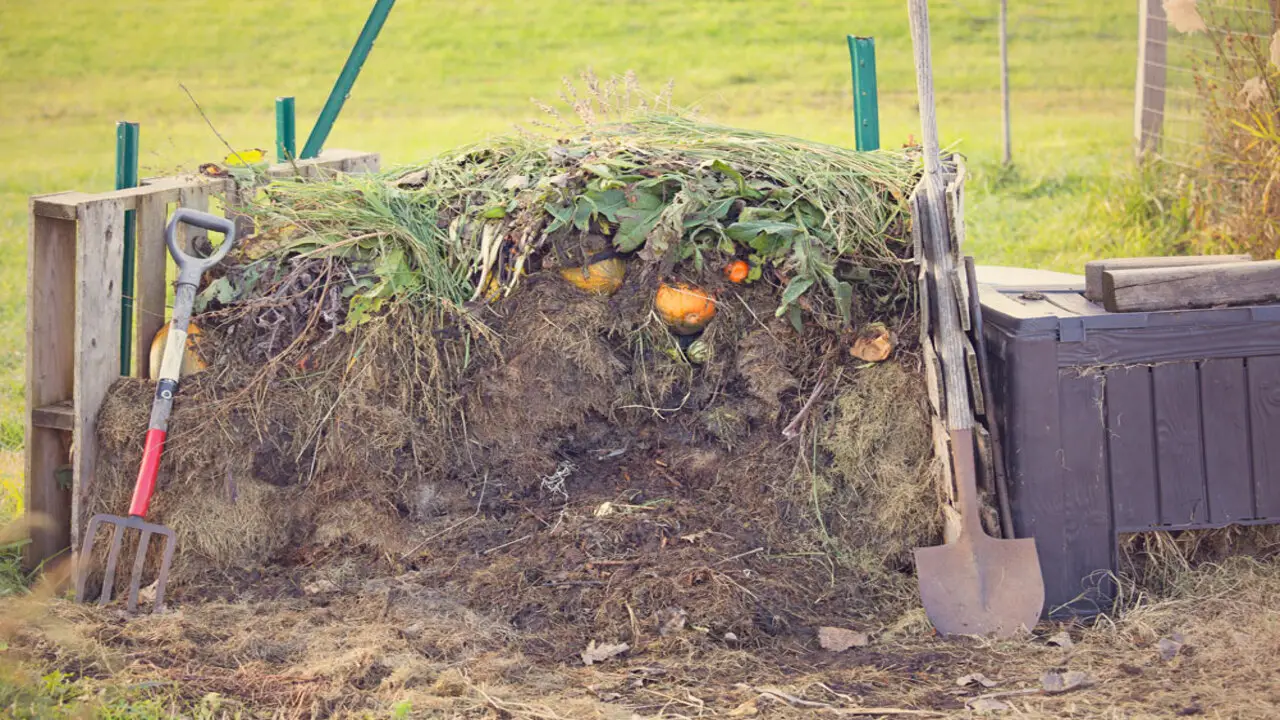
To ensure the health of your compost pile, it is essential to maintain a proper balance between green (nitrogen-rich) and brown (carbon-rich) materials. This balance not only promotes decomposition but also prevents odours and pests. Composting helps reduce waste, divert organic materials from landfills, and minimize methane emissions.
Additionally, it improves soil health by adding vital nutrients and enhancing its structure, leading to healthier plants. The moisture retention capacity of compost decreases the need for irrigation, thus conserving water. Moreover, compost is a natural fertilizer for gardens, lawns, and potted plants, providing the necessary nourishment for optimal growth. Keeping compost piles healthy is crucial for successful composting and reaping its numerous benefits.
Conclusion
Composting is a simple yet effective method of waste reduction that offers a multitude of benefits for the environment and our communities. Apart from diverting organic waste from landfills, composting helps enrich the soil and promote healthy plant growth.
Additionally, it plays a vital role in mitigating climate change by reducing greenhouse gas emissions. By embracing composting practices at home, you can actively contribute to creating a sustainable future and play your part in preserving the planet for future generations. The above outline of why composting is important will help you enhance your knowledge.
Frequently Asked Questions
[rank_math_rich_snippet id=”s-286f72ce-5dc3-4ddd-a3ef-1b3b78d7b425″]

I am passionate about home engineering. I specialize in designing, installing, and maintaining heating, ventilation, and air conditioning systems. My goal is to help people stay comfortable in their homes all year long.

